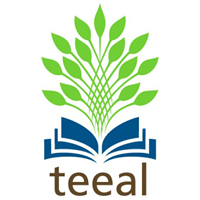
Home >>
ABSTRACT
One of the challenges in Mobile Ad hoc Network (MANET) routing is the mobility and rapid change in
network topology which poses a number of problems. The protocols must be able to adapt to the
unpredictable dynamic topology. The paper is aimed to improve the conventional AODV routing
protocol using TTL-based scheme by proposing AODV-TTL mechanism. NS2.34 was used to conduct
the experiment. The preliminary investigation showed that DSDV outperformed AODV most especially
when the nodes moved at high speed, which was due to inability of the AODV to repair a broken link
locally and lack of any mechanism to control the freshness of routes when there are multiple options.
However, to support the proposed mechanism, experiments were conducted using some set of Time to
Live (TTL) values based on the performance metrics; throughput, end to end delay and packet loss. The
analysis was based on the small network size with constant and variable speed. The results of the study
indicated that TTL = 3 revealed a high performance for the metrics used for the study. Therefore, with
all default parameters unchanged as in conventional AODV protocol, the new TTL value was set for
the proposed scheme. From the results it was found that at high speed when the nodes move and
topology changed, which caused link failure, the new mechanism outperformed the conventional
AODV in terms of data delivery with about 15%. It is also found that there were fewer tendencies for
dropping of packets due to a small value of TTL in the new scheme at high speed compared to both
AODV and DSDV that used the larger value for TTL. However, this proposed protocol generally
improved the network throughput and reduced the total overhead. 







